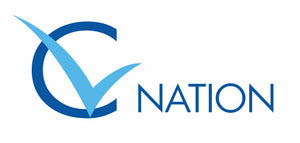The most important technical skills for software developers depends on the role you are applying. Some employers might require proficiency with C++ language. Others may require you to be competent with Java or PHP.
This is why you should always study the job listing when preparing your CV. This way, you can tailor your CV to the requirements of the job.
Key technical skills for software developers includes:
- Cloud Computing Expertise
- Agile Methodologies and Scaled Agile Methodologies
- Waterfall Methodologies
- Data Structures, Programming and Algorithms
- Coding
- Design Software
- Web Development
- Operating Systems
- Process Analysis
- Database Technologies
- Source Control
- System Design
- DevOps Practices
- Machine Learning
- Development Tools
- Software Testing
- Computer Languages (C, C++, Java, PHP, Python, JavaScript, CSS, HTML, Go, Ruby, C#, SQL)
Only include skills that you do in fact possess. We would never recommend lying on your CV. Not only is lying on your CV unethical, but it will also cause you problems down the road when you actually need to rely on the skills.
